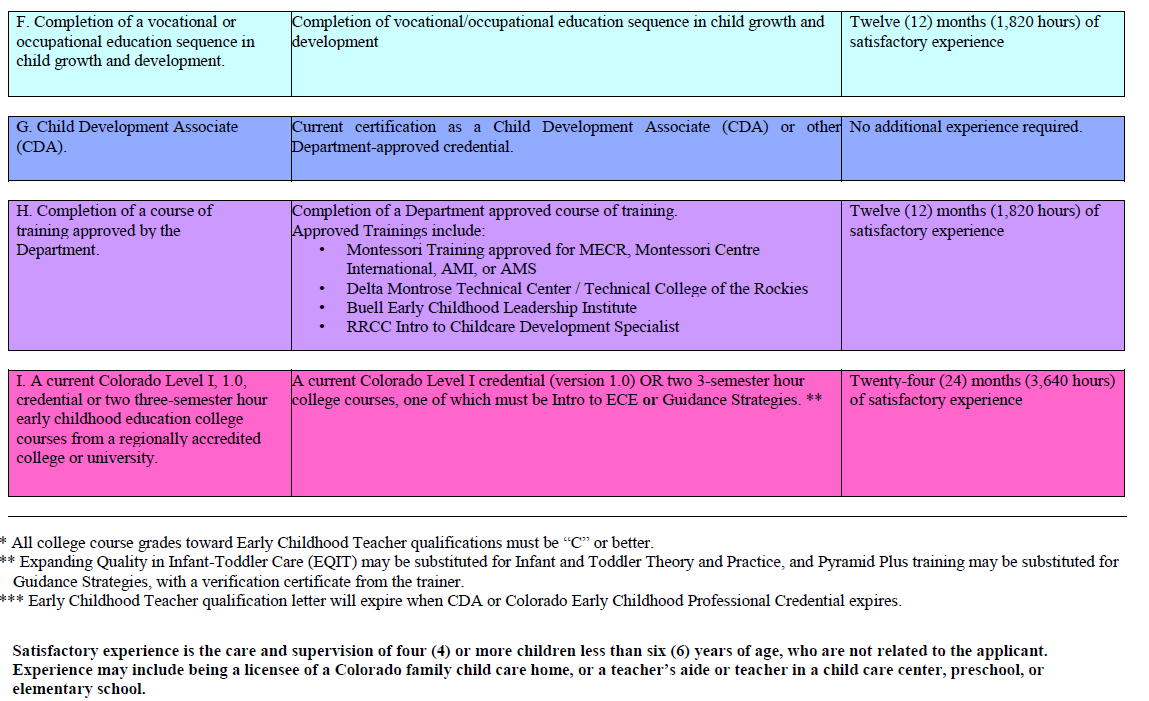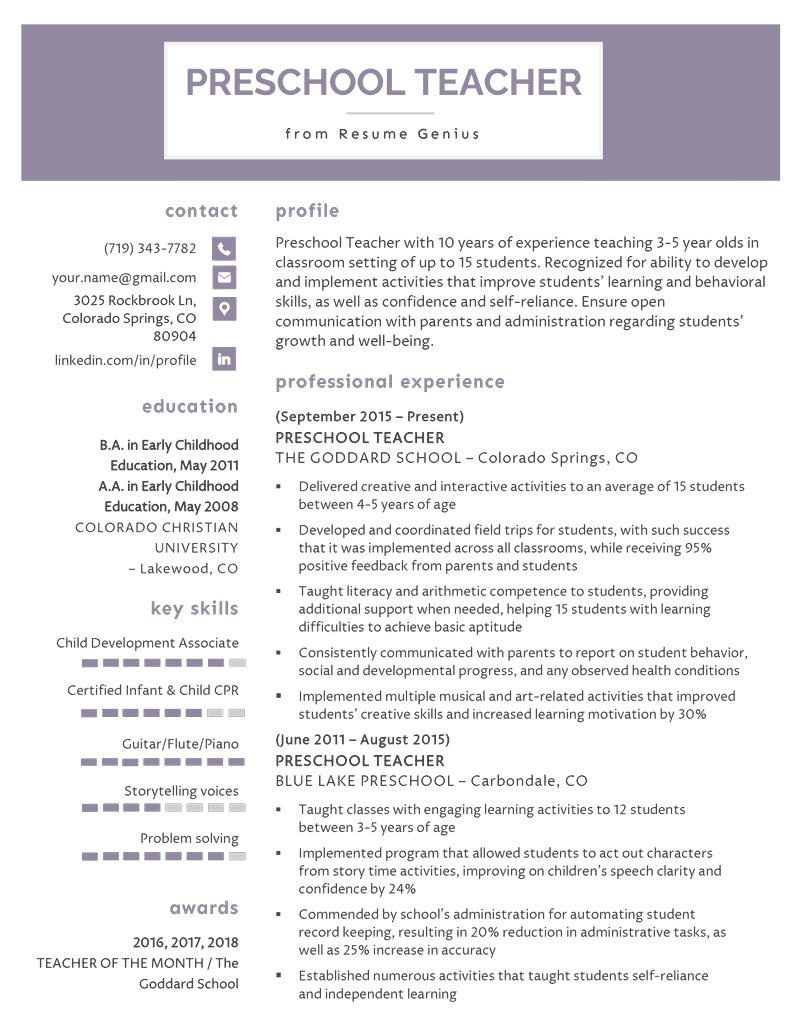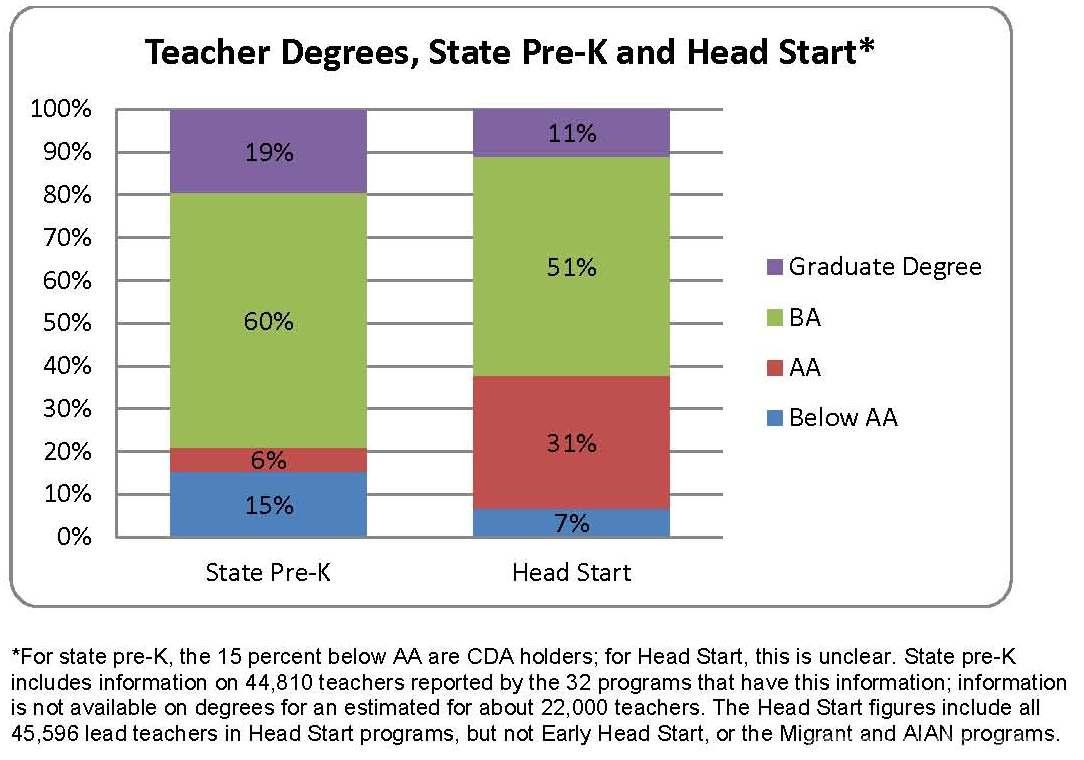The Impact Of Teacher Qualifications On Early Childhood Education

At VietprEducation, we recognize the critical role of teacher qualifications in early childhood education. Ensuring that educators possess the necessary skills and knowledge to engage and nurture young learners is paramount for their overall development. In this article, we delve into the importance of Teacher Qualifications for Early Childhood education. We explore the relevant degrees, certifications, training programs, and practical experiences that contribute to effective teaching in early childhood settings. Join us as we unravel the key factors that shape the educational journey of our youngest learners.

| Key Takeaways: |
|---|
| – Required teacher qualifications for early childhood education. – The impact of teacher qualifications on learning outcomes. – Relevant degrees and certifications for early childhood teachers. – Importance of continuous professional development and training programs. – Specialized training for working with children with special needs. |
{/*{Your generated HTML table}
I. The Importance of Teacher Qualifications in Early Childhood Education
1. Ensuring Optimal Learning and Development
Highly qualified teachers are vital for early childhood education as they have the knowledge, skills, and techniques necessary to promote optimal learning and development in young children. Their ise allows them to create engaging and age-appropriate activities that stimulate cognitive, social, emotional, and physical growth. Qualified teachers understand the developmental milestones of each age group and can design curriculum that meets the specific needs of early learners.
Example List:
- Designing activities that promote language development
- Fostering social-emotional skills through play-based learning
- Catering instruction to individual learning styles
- Implementing strategies for motor skill development
2. Creating Safe and Nurturing Environments
A well-qualified teacher creates a safe and nurturing environment where young children feel comfortable exploring, taking risks, and expressing themselves freely. Teachers with proper qualifications are trained to identify potential hazards within the classroom or outdoor settings while ensuring child safety remains a priority. Additionally, their knowledge of child psychology equips them with strategies to address behavior issues effectively while fostering positive relationships among students.
Example Table:
| Strategies for Creating Safe Environment: | |
|---|---|
| – Implementing clear rules and routines – Supervising effectively during indoor/outdoor playtime – Promoting positive peer interactions – Practicing emergency procedures regularly | – Conducting regular safety checks – Ensuring appropriate use of materials and equipment – Addressing potential hazards promptly – Encouraging open communication with parents |
3. Establishing Strong Foundations for Later Education
Qualified early childhood teachers play a significant role in establishing strong foundations for children’s later education. They introduce fundamental concepts and skills necessary for academic success, such as pre-reading, numeracy, problem-solving, and critical thinking. Proficient teachers ensure that each child receives personalized attention, providing the necessary support to lay a solid groundwork for future learning journeys.
Example Quote:
“The first five years have so much to do with how the next 80 turn out.” – Bill Gates
4. Partnering with Parents and Families
Qualified early childhood educators understand the importance of working collaboratively with parents and families to support children’s overall development. They actively engage in effective communication, providing regular updates on their child’s progress while seeking input from parents regarding their aspirations and concerns. Qualified teachers also offer guidance on various aspects of parenting to reinforce learning at home, creating a strong partnership between school and family.
Example List:
- Scheduling parent-teacher conferences to discuss progress
- Sharing resources related to child development at different ages
- Involving parents in classroom activities or events
- Providing strategies for extending learning opportunities at home
II. Relevant Degree and Certifications for Early Childhood Teachers
One of the most common and highly recommended qualifications for early childhood teachers is a Bachelor’s degree in Early Childhood Education. This degree equips educators with a solid foundation in child development, instructional methods, curriculum planning, and classroom management techniques. It provides comprehensive knowledge of early childhood theories and best practices, enabling teachers to create engaging and age-appropriate learning experiences for young children.
Example:
- Child Development and Learning Theories
- Curriculum Design and Assessment
- Classroom Management Strategies
- Language and Literacy Development
III. Training Programs and Workshops for Enhancing Teaching Skills

Continuing education plays a crucial role in the professional development of early childhood educators. Training programs and workshops provide opportunities for teachers to enhance their teaching skills and stay updated with the latest research and best practices in the field. These programs cover a wide range of topics, including child development, curriculum design, classroom management strategies, and assessment techniques.
Engaging in ongoing professional development not only helps educators expand their knowledge but also equips them with innovative teaching methods and approaches. For example, attending workshops on integrating technology into the classroom can help teachers leverage digital resources to engage young learners and create interactive learning experiences. Training programs also offer a platform for educators to network and collaborate with peers, fostering a supportive community of professionals in early childhood education.
IV. Specialized Training for Working with Children with Special Needs

Effective teaching for children with special needs requires a deep understanding of the various disabilities and challenges they may face. From autism spectrum disorders to learning disabilities, teachers should be equipped with knowledge on how these conditions impact children’s development and learning abilities. Specialized training programs and workshops offer insights into recognizing early signs, implementing appropriate strategies, and creating inclusive classroom environments.
V. Experience and Practical Teaching in Early Childhood Settings
Hands-on Experience:
| Collaborative Learning:
|
VI. Introduction
VII. Conclusion
In conclusion, the qualifications and ise of teachers in early childhood education play a crucial role in shaping the learning experiences and outcomes of young children. It is evident that teachers with relevant degrees, certifications, specialized training, and practical teaching experience are better equipped to meet the unique needs of early learners.
By investing in continuous professional development and providing opportunities for teachers to enhance their skills, educational institutions can ensure that children receive the highest quality of education during their critical early years. Moreover, specialized training programs for working with children with special needs enable teachers to create inclusive and supportive classroom environments that cater to diverse learning requirements.
Teacher qualifications not only contribute to the academic development of children but also impact their social, emotional, and cognitive growth. Therefore, it is imperative for policymakers, educational institutions, and parents to recognize the significance of teacher qualifications and provide the necessary support and resources to promote excellence in early childhood education.
